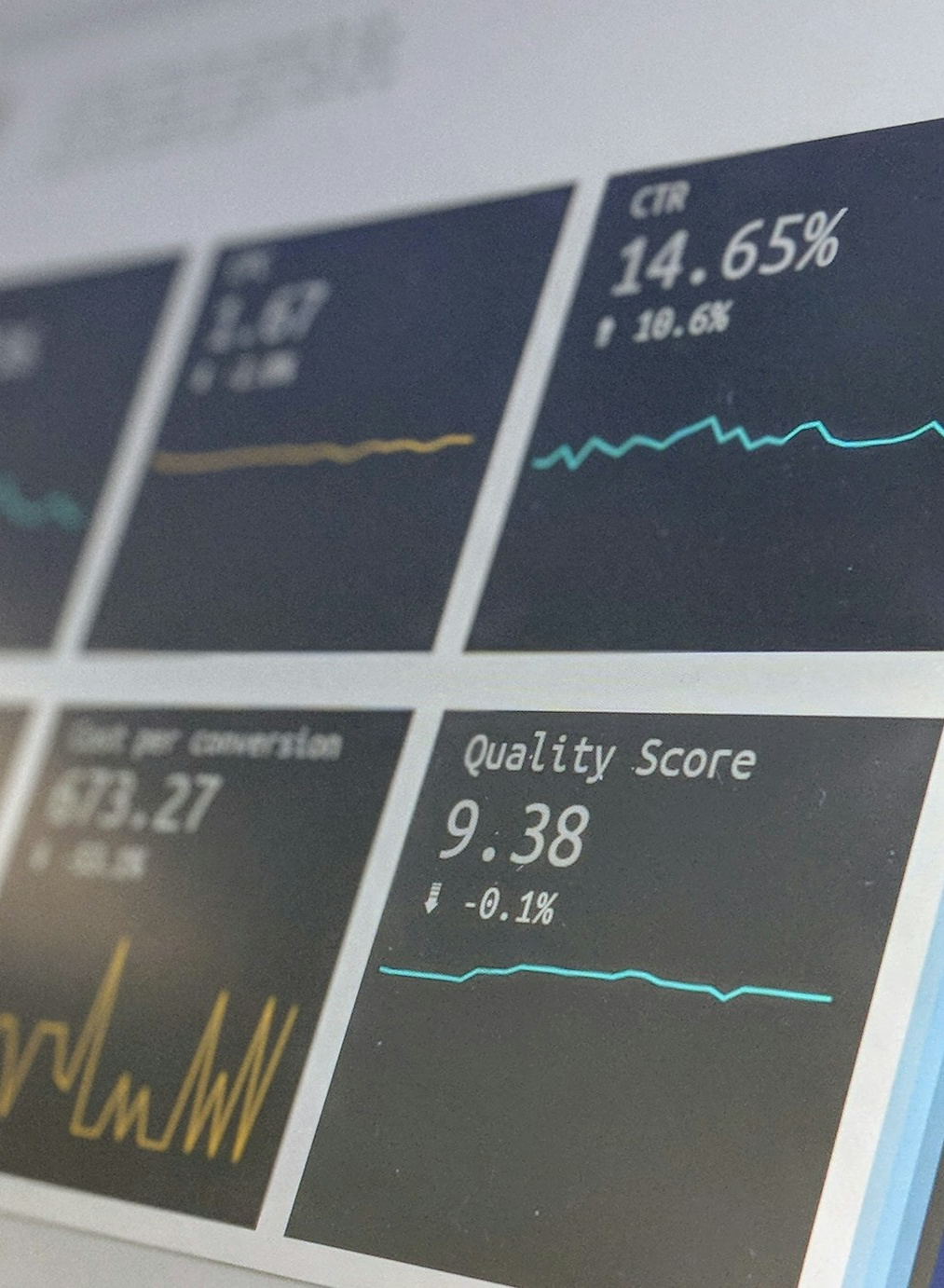By definition, data is facts and statistics collected together for reference and analysis. In contrast, information, is the interpretation/manipulation of data into a meaningful form to the end user (or processed data). Too often in business, data and information are used interchangeably when in fact they are very different - and understanding this can assist you in interpreting each in your own business.
There is a large array of analytical tools available online with the word "analytics" covering a broad range of topics eg Search Engine Marketing (SEM), Search Engine Optimisation (SEO) or demographic analysis. Each topic covers a distinct business goal - ie SEM is how you market your business through search; SEO is how you optimise your online presence for search; etc. Understanding how to measure your performance/outcomes in these areas can help you achieve defined goals in each area. And that’s where data comes into play.
Let's use website traffic and focus on Google Analytics for a moment. This tool allows the you to see high-level data on how an end-user is engaging with your website. Analytics provides an extraordinary amount of data about interaction with your content, giving insight on everything from browser type right through to what people are searching to land on your website. There's various ways to use Google Analytics and understanding the data available can help you to set goals for improvement in each performance metric - ultimately providing benefits aligned to your business goals.
By engaging with tools that provide you with data about your business, you are allowing yourself to review feedback on how users/clients are engaging with your business - both in online and offline forums. And as you engage with the data, you can start to identify metrics that are aligned to your business objectives - focussing on these to help set goals for improvement.
Using data to help influence and manage business decisions can reap huge rewards in your business goals. Not only can data help to identify your current and historical performance; it can become a useful metric to tracking your progress towards achieving results. By defining and measuring key metrics/data points in your business you can help to better track progress and results in your business in real-time - helping you better understand your performance throughout your goal period (rather than simply at the end). Using technology to help manage and report on data in your business can be a great way to efficiently manage your data.
If you're looking to implement data collection/management systems in your business, DCODE GROUP has a wealth of experience in custom software development to help record and track your business operations. Get in touch to find out how we can help implement technology systems and processes to help you capitalise on data in your business.
--
Get updates, tips and industry news delivered directly to you





